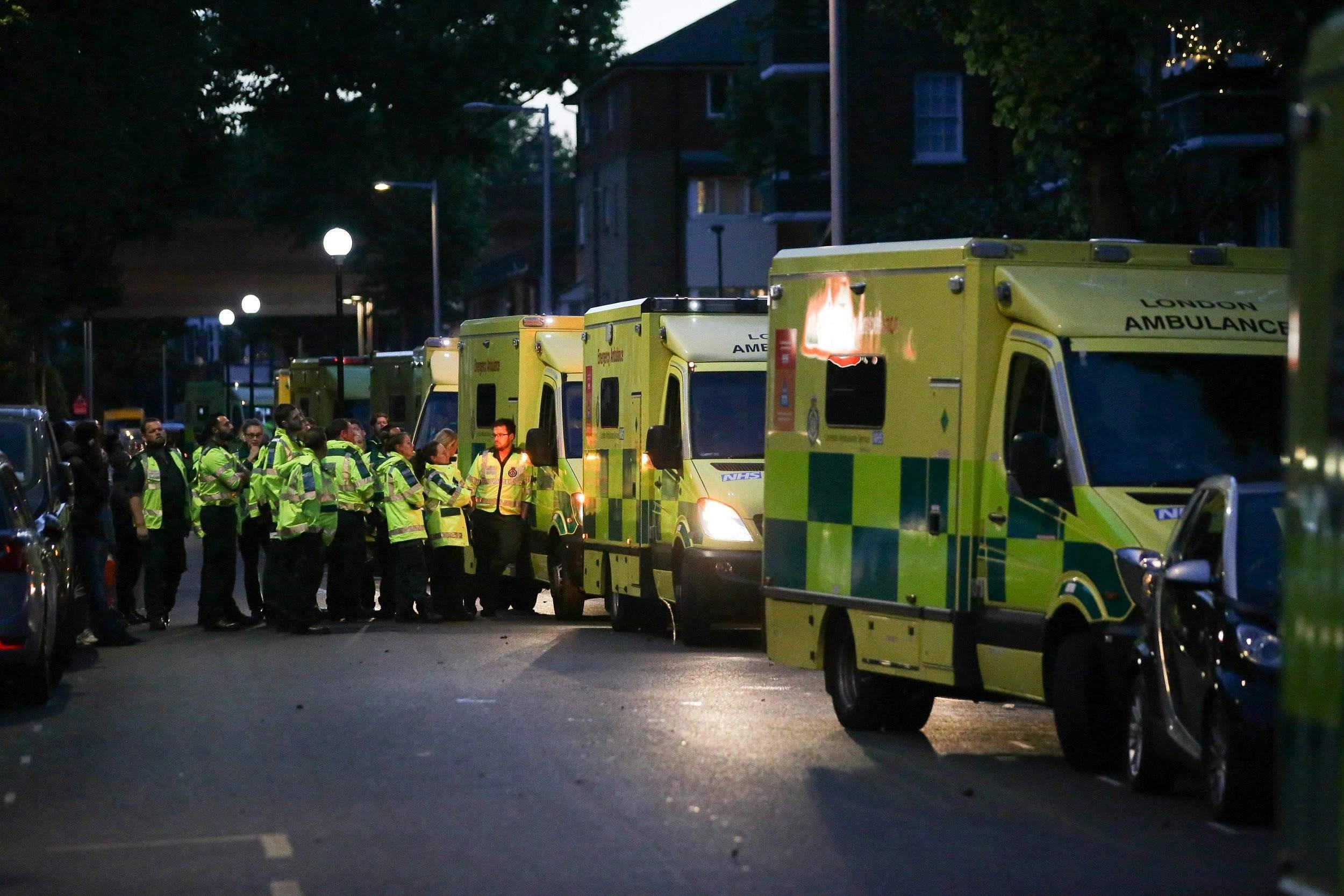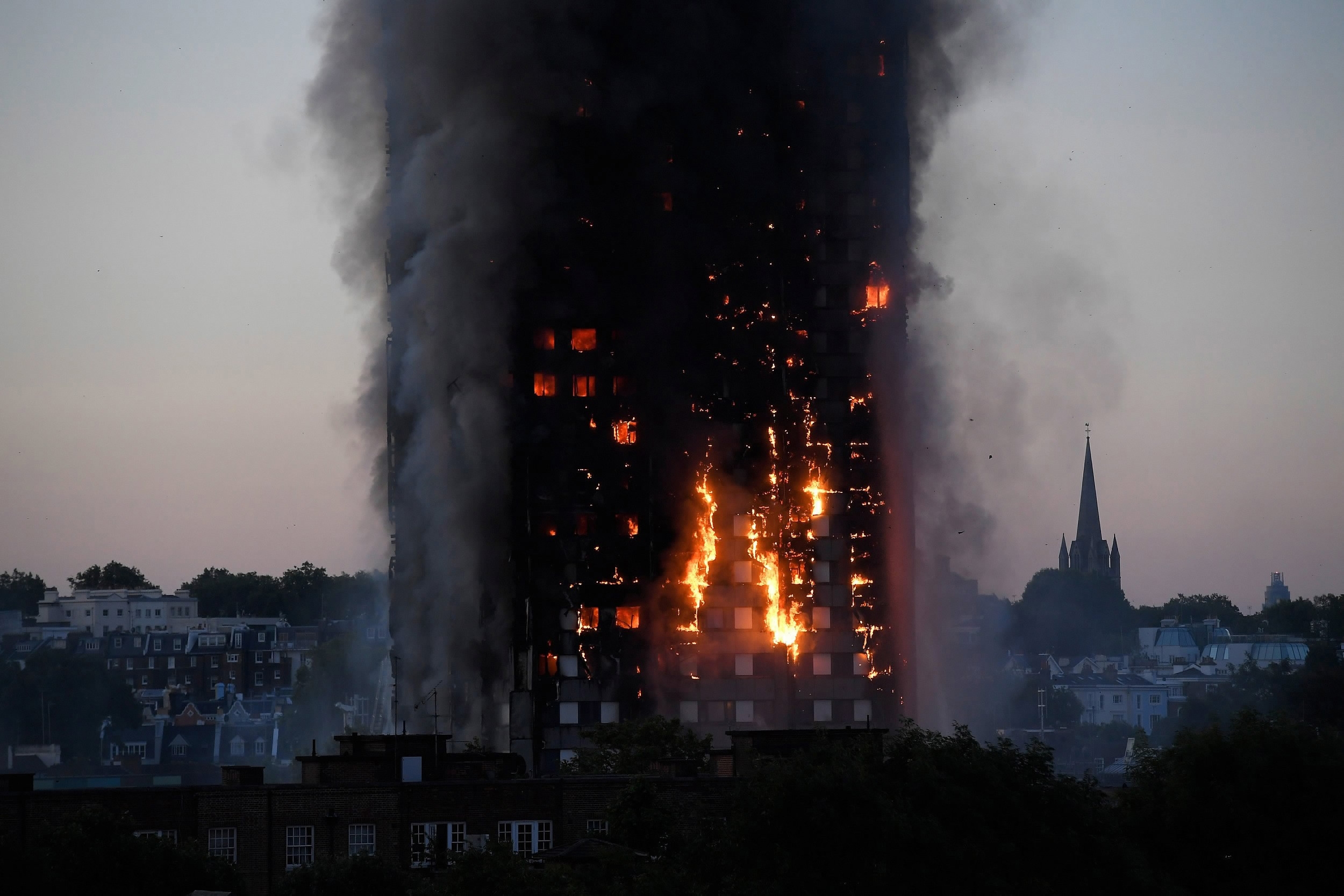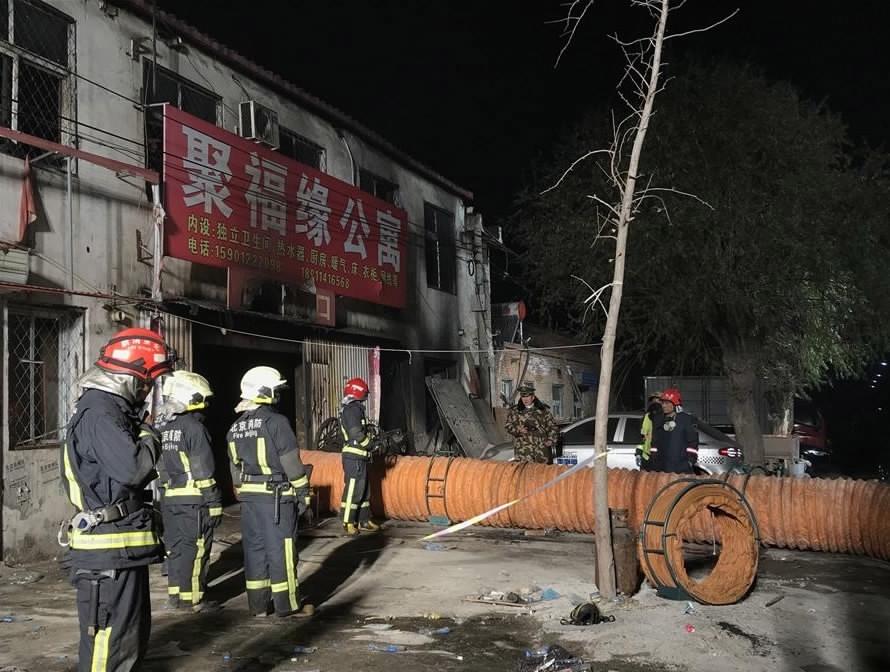
Opinions
21:41, 14-Dec-2017
Opinion: Kindness to poor--a symbol of civilization
Guest commentary by Wei Nanzhi

The divide between rich and poor is nothing new, especially in big cities. But on the six-month anniversary of a disastrous London apartment block fire that many say highlighted social inequality in the city, it should be noted that the true signifier of a civilized city is not modern skyscrapers, shopping districts or broad avenues, but how the poor are treated. The chain is only as strong as its weakest link.

Ambulances stationed near Grenfell Tower /VCG Photo
Ambulances stationed near Grenfell Tower /VCG Photo
Six months after the June fire at Grenfell Tower that killed 71 people, London police are still considering a variety of criminal charges, while no one has yet been charged. Almost four months on from the blaze, 150 Grenfell families were still living in temporary hotel accommodation across London as the process of permanently re-housing them inched forward.
Grenfell Tower, built in 1974 and managed by Kensington and Chelsea London Borough Council, was populated by poorer, mainly ethnic-minority working-class residents. It is surrounded by affluent neighborhoods, however, which reveals the high wealth divide in the borough of Kensington and Chelsea, one of the richest local authorities in the country.

The Grenfell Tower fire reportedly started on the second floor and quickly spread to upper levels. /VCG Photo
The Grenfell Tower fire reportedly started on the second floor and quickly spread to upper levels. /VCG Photo
Residents of Grenfell Tower had long expressed concerns about fire safety and building maintenance failures, yet the high rise’s renovation based on inadequate safety guidelines in 2016 was an important cause of the disaster. It could and should have been avoided.
China is facing its own comparable concerns after an incident in suburban Beijing. On November 18, a fire broke out in a cramped and inexpensive apartment building in Daxing district, killing 19 people and injuring eight. The majority of the victims were low-income migrant workers or their parents and children.

Firefighters work at the site of a fire in Daxing district of Beijing, November 19, 2017 /Xinhua Photo
Firefighters work at the site of a fire in Daxing district of Beijing, November 19, 2017 /Xinhua Photo
The Beijing municipal government immediately launched a campaign to demolish illegal constructions posing a safety hazard, such as crowded apartments and warehouses. Eleven days after the fire, a deputy district government head in Beijing, two other officials and 10 lower cadres were suspended from duty as they were held responsible for lax safety oversight and failure to prevent the fire.
With little time to explain the campaign to the public, nor enough community support or volunteer services, many people who have been living in unsafe dwellings have been asked to move out at very short notice.
The initiative has thus been criticized as a mass eviction of poor migrants. Faced with such criticism, Beijing authorities urged official and community assistance to the affected tenants and workers, many of whom risk losing their jobs as well as their places to live.
The campaign to root out safety hazards is right and necessary to protect the poor, but a more patient way of operating is needed to make it more sustainable and popular.
Being kind to the poor is a symbol of a civilized city. How this principle is applied is of vital importance to win the confidence of the people.
(The author is a research fellow at the Chinese Academy of Social Sciences. The article reflects the author’s opinion, not necessarily the views of CGTN.)

SITEMAP
Copyright © 2018 CGTN. Beijing ICP prepared NO.16065310-3
Copyright © 2018 CGTN. Beijing ICP prepared NO.16065310-3